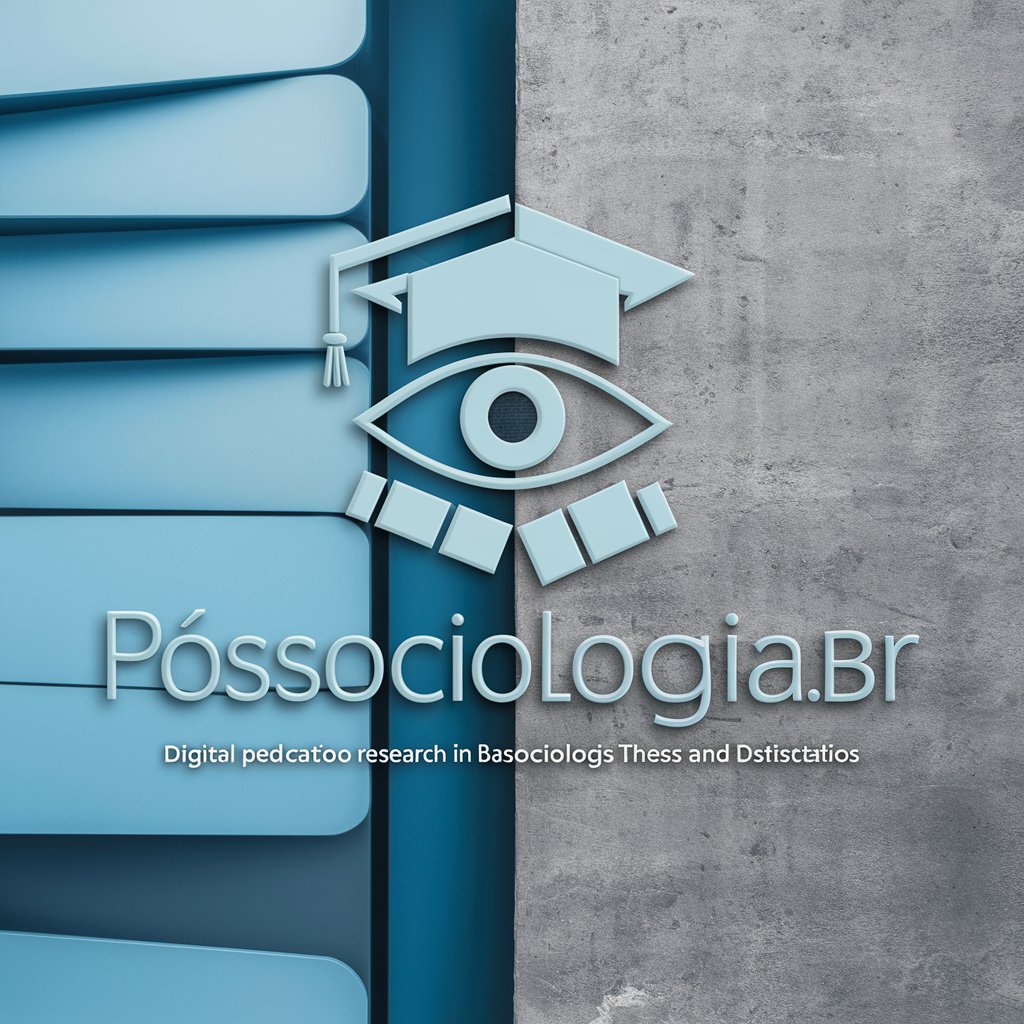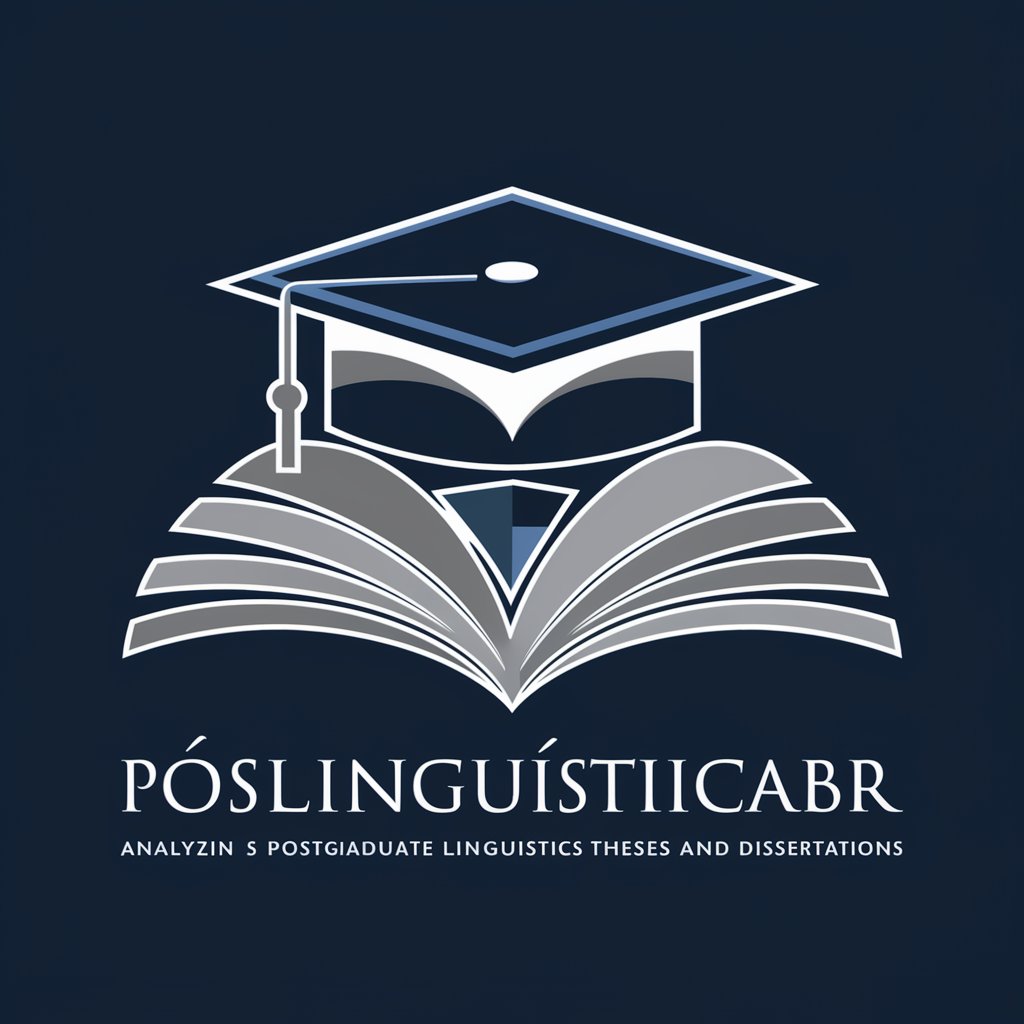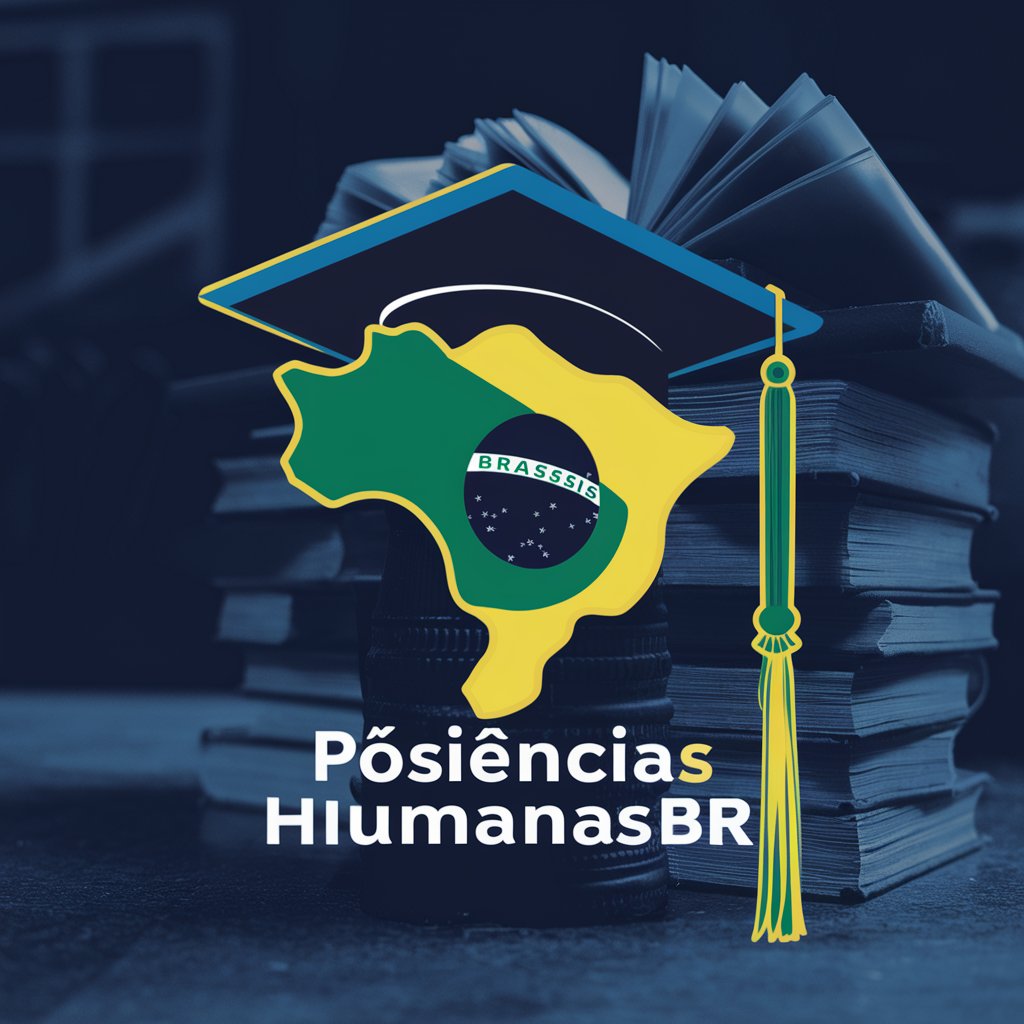
PósComunicaçãoBR - Thesis & Dissertation Insights

Welcome to PósComunicaçãoBR, your AI guide for post-graduate Communication research in Brazil.
Unlocking Communication Research with AI
Search for theses and dissertations in Communication focusing on
Generate a list of post-graduate research works supervised by
Create a graph showing the trend of academic degrees in Communication over the past decade in
Provide detailed information on research productions related to the keyword
Get Embed Code
Introduction to PósComunicaçãoBR
PósComunicaçãoBR is a specialized GPT designed to interact with the 'Catalog of Theses and Dissertations - Brazil' from CAPES, focusing on postgraduate research in Communication in Brazil. Its primary purpose is to perform semantic searches, generate graphs, listings, and spreadsheets with relevant data such as AN_BASE (Base Year), NM_GRAU_ACADEMICO (Academic Degree), NM_PRODUCAO (Production Name), DS_PALAVRA_CHAVE (Keywords), among others. It considers fields like NM_PRODUCAO and DS_PALAVRA_CHAVE for searches, ensuring the delivery of precise information. For example, when researching a particular topic or keyword, PósComunicaçãoBR efficiently retrieves and compiles data, illustrating trends or patterns within Brazilian postgraduate Communication studies. Powered by ChatGPT-4o。

Main Functions of PósComunicaçãoBR
Semantic Searches
Example
Searching for theses on 'digital communication' to understand evolving trends.
Scenario
A researcher wants to explore the evolution of digital communication studies over the last decade. Using PósComunicaçãoBR, they can perform a semantic search across titles and keywords, retrieving a comprehensive list of relevant works.
Data Visualization
Example
Generating a line graph to display the number of theses related to 'social media' by year.
Scenario
An academic is interested in visualizing the growth of social media research within the Communication field. PósComunicaçãoBR can generate a graph showing the annual number of theses and dissertations on this topic, highlighting trends and spikes in interest.
Export Data in Spreadsheet Format
Example
Exporting a dataset of keywords associated with 'media ethics' studies.
Scenario
A professor is compiling a comprehensive database on media ethics for a course. They use PósComunicaçãoBR to extract relevant theses and dissertations, including keywords, for easy integration into their curriculum planning.
Ideal Users of PósComunicaçãoBR Services
Academic Researchers
Researchers focusing on Communication studies who require access to a vast repository of postgraduate theses and dissertations to support their work, discover research trends, and identify gaps in the literature.
Postgraduate Students
Students pursuing advanced degrees in Communication who need to find previous works to frame their research questions, review literature, and understand the methodological approaches in their area of interest.
University Professors
Professors teaching Communication who are looking for comprehensive data on specific topics to integrate into their lectures, course materials, and to guide students in their research projects.

How to Use PósComunicaçãoBR
1
Visit yeschat.ai for a free trial without login, also no need for ChatGPT Plus.
2
Choose 'PósComunicaçãoBR' from the available GPT options to specifically access thesis and dissertation data in the field of Communication in Brazil.
3
Enter your research query or keywords related to Communication studies to initiate the search. Use specific terms for more accurate results.
4
Review the generated information, which may include semantic searches, data visualizations, or listings relevant to your query.
5
Utilize the option to export data in spreadsheet format for further analysis or academic use.
Try other advanced and practical GPTs
SovereignFool: AIChatGuide
Empowering Creativity with AI
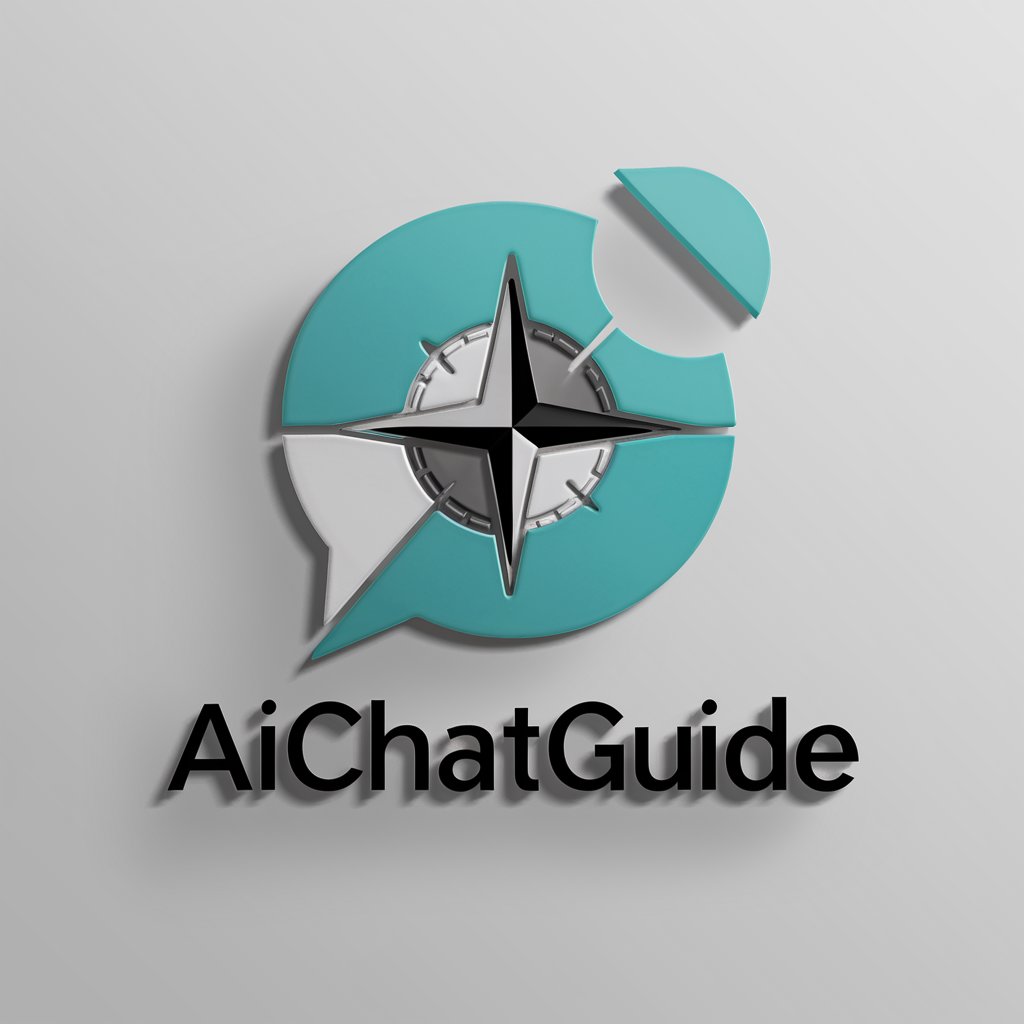
SovereignFool: HeartAnchor
Empathetic AI for Widows' Journey

SovereignFool: RoofingRanger
Elevating Roofing Intelligence with AI

Makima
Command your strategy with AI power

Sahil Jitesh's Booking agent
Book Top Podcasts with AI Precision

SovereignFool: LostCivilization Explorer
Unveil Ancient Mysteries with AI
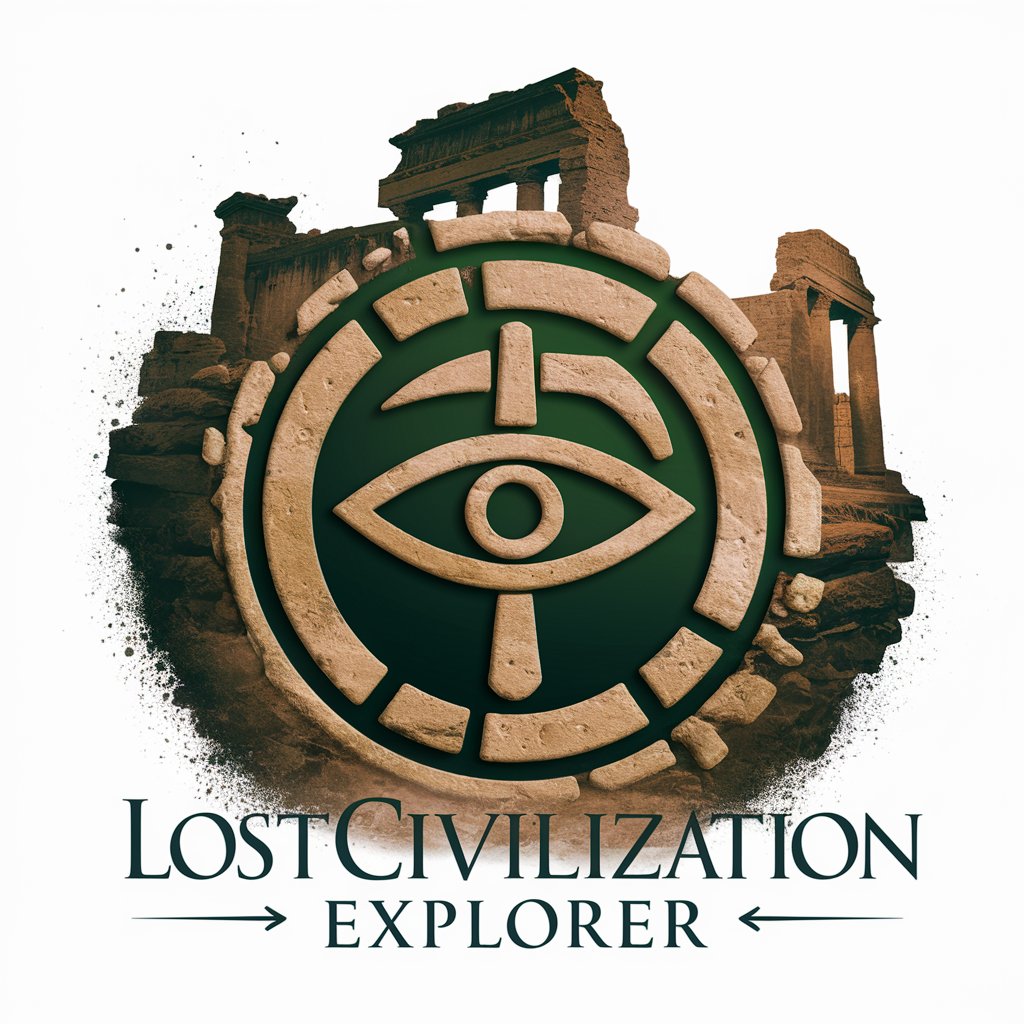
Will Guide
Simplify will creation with AI-powered assistance.

AppRabbit Sales Emails
Streamline Your Sales Emails with AI
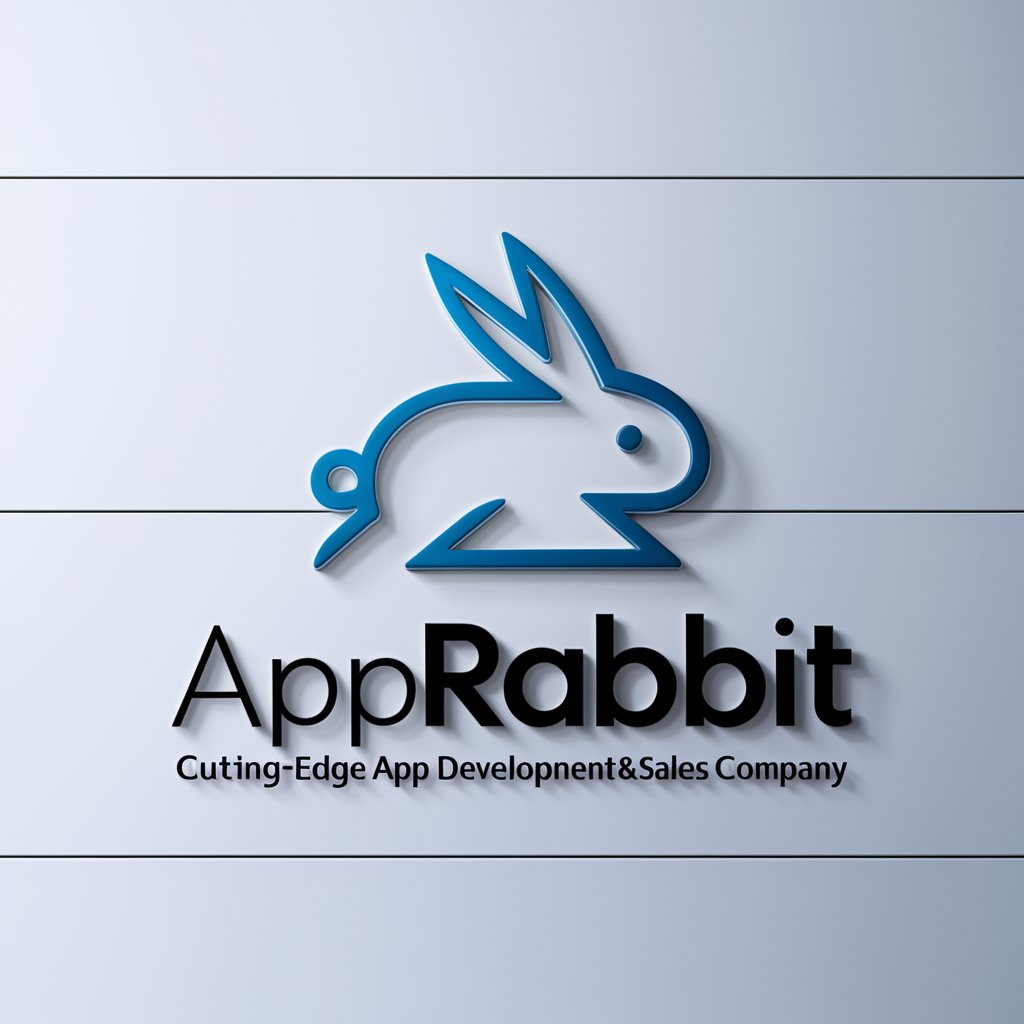
Presentation Scriptwriter Assistant
Craft compelling stories with AI-powered assistance

SovereignFool: PsychologyPro
Unveiling the Mind with AI

PPU - Consultor de literatura
AI-powered literary insights and analysis
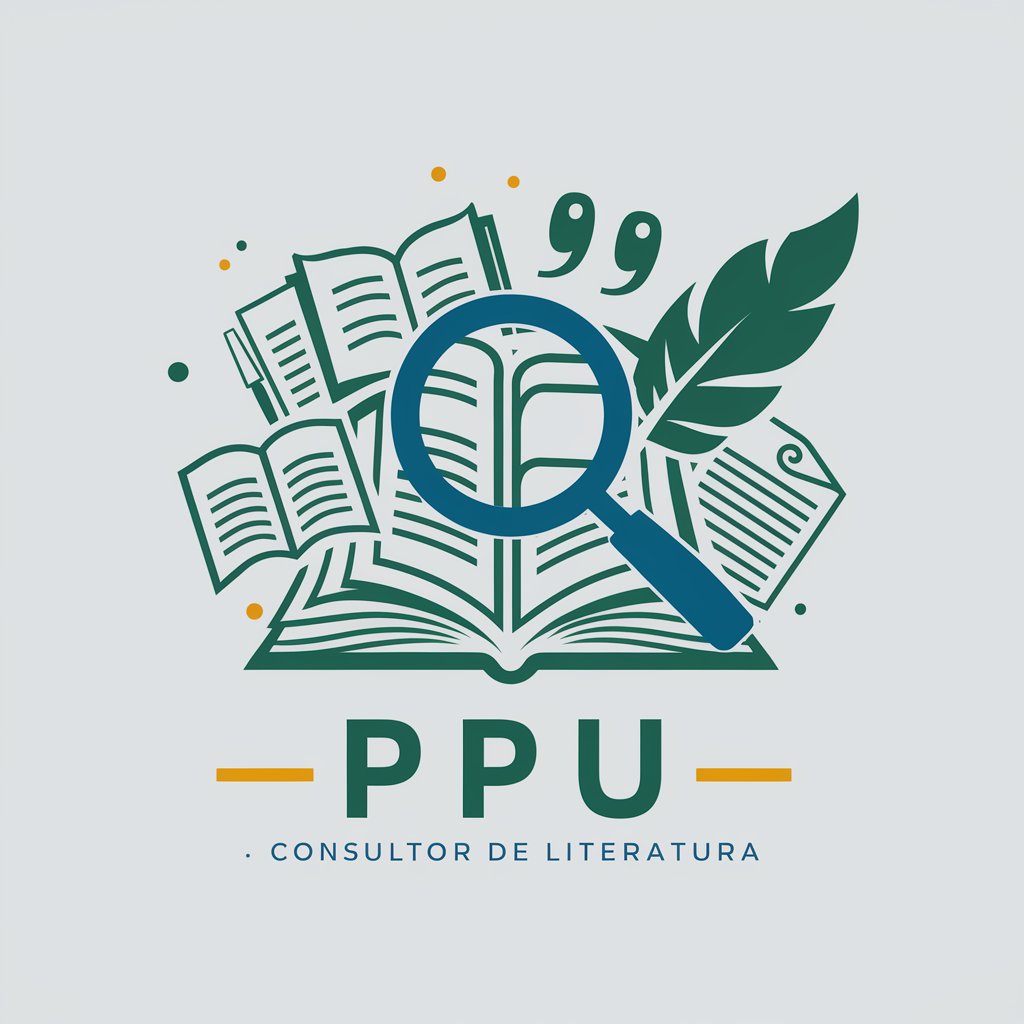
SovereignFool: EnlightenMentor
Illuminate Your Mind, Challenge Your Beliefs

FAQs about PósComunicaçãoBR
What is PósComunicaçãoBR?
PósComunicaçãoBR is a specialized GPT tool designed to assist with postgraduate thesis and dissertation research in the field of Communication in Brazil, leveraging data from the CAPES 'Catalog of Theses and Dissertations'.
Can PósComunicaçãoBR help me find specific topics within Communication studies?
Yes, PósComunicaçãoBR can perform semantic searches using titles, keywords, abstracts, and other relevant fields to find specific topics within Communication studies.
Is it possible to obtain visual data representations with PósComunicaçãoBR?
Absolutely, PósComunicaçãoBR can generate data visualizations such as line graphs and heatmaps, providing a visual overview of trends and patterns in Communication research.
How can I export data from PósComunicaçãoBR?
After performing a search or generating a report, PósComunicaçãoBR provides an option to export the data in spreadsheet format for further analysis or academic use.
Can PósComunicaçãoBR analyze trends in Communication studies over time?
Yes, PósComunicaçãoBR can analyze and visualize trends in Communication studies over time, including the number of theses and dissertations by year, using specific or broad search terms.

